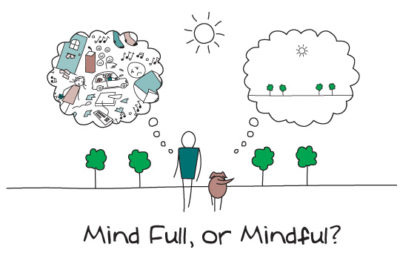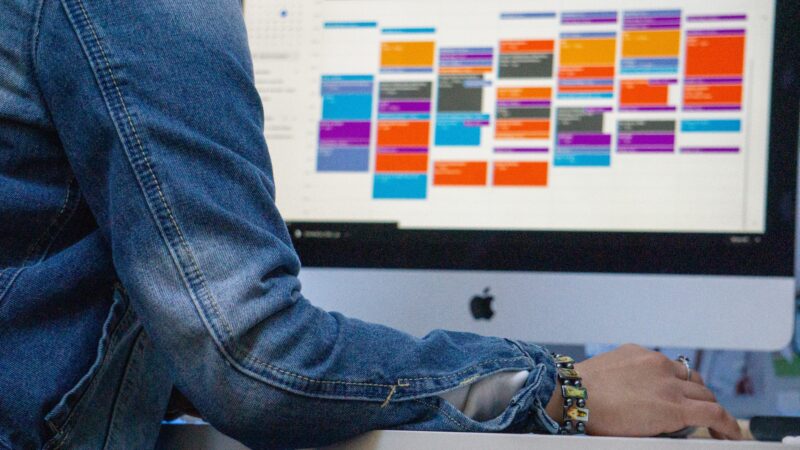The A-Z of 2025 Cultural Insights: C is for Confidence
Confidence has become a defining cultural force in 2025, shaping personal decisions, business strategies, and societal shifts. Over the past five years, global disruptions and technological advancements have altered how individuals and organisations build, project, and maintain confidence. From consumer trust to professional resilience, the ability to navigate uncertainty with confidence is more crucial than ever. In this third instalment of the A-Z of 2025 Cultural Insights series, we explore five key dimensions of confidence that are influencing the world today.
Five Key Confidence Trends Defining 2025
1. The Confidence Economy: Trust as Currency
Trust has evolved into an essential economic asset, with brand confidence directly impacting consumer loyalty. Companies that consistently deliver on promises, maintain transparency, and engage authentically with their audience are seeing increased market share. Studies from Nielsen and Edelman Trust Barometer show that 68% of global consumers prefer to buy from brands they trust, even if they cost more (Edelman, 2024).
Businesses are investing heavily in trust-building initiatives, such as ethical supply chains, sustainable practices, and secure data handling. Confidence in institutions—whether financial, governmental, or corporate—is now a key differentiator for long-term success.
2. Personal Confidence in the AI Era
With artificial intelligence reshaping industries, individuals are adapting by developing AI literacy and digital resilience. The World Economic Forum reports that confidence in one’s ability to adapt to AI-driven change is now a leading indicator of professional success (WEF, 2024). More workers are upskilling in AI ethics, automation management, and human-AI collaboration to stay competitive.
Conversely, growing AI skepticism has led to a demand for human oversight and ethical AI applications. Consumers and professionals alike are navigating this new reality by blending technological adaptability with personal intuition and experience.
3. Financial Confidence in Uncertain Times
Economic fluctuations and shifting employment landscapes have pushed individuals and businesses to rethink financial confidence. A rise in financial literacy programs, decentralised finance (DeFi), and investment in diversified income streams has allowed consumers to regain a sense of control. Reports from the OECD and IMF suggest that individuals with a strong financial education are 40% more likely to make resilient long-term financial decisions (OECD, 2024).
Cryptocurrencies, digital banking, and alternative investments have become mainstream as people seek financial independence and stability in an unpredictable world. Confidence in one’s financial knowledge is now a crucial factor in long-term prosperity.
4. Social Confidence and the Rise of Authenticity
Social confidence has shifted away from perfectionism towards authenticity, vulnerability, and relatability. Social media trends in 2025 show a departure from hyper-curated personas in favour of real, unfiltered content. A report by Pew Research found that 78% of users trust influencers who share personal failures and behind-the-scenes insights more than those who only highlight success (Pew Research, 2024).
This shift is influencing marketing strategies, leadership styles, and even interpersonal relationships. Brands, leaders, and individuals who embrace transparent communication and emotional intelligence are fostering deeper connections and stronger trust.
5. Confidence in Well-Being: Mindset Over Metrics
The prioritisation of mental and emotional confidence is redefining success. While past decades emphasised metrics such as productivity and financial milestones, 2025 places greater importance on resilience, self-assurance, and well-being. The World Health Organisation (WHO) reports that societies investing in mental health support and emotional intelligence training are seeing higher workplace satisfaction and lower stress-related illnesses (WHO, 2024).
From corporate wellness initiatives to personal development trends, confidence in one’s emotional intelligence and mental resilience is now considered as valuable as technical expertise.
Key Takeaways for 2025
- Trust is an economic asset, with consumer and corporate confidence driving loyalty and success.
- AI adaptability is key, requiring a balance between digital skills and human intuition.
- Financial confidence is increasing, with financial literacy and alternative investments becoming mainstream.
- Authenticity fuels social confidence, with unfiltered, real-world engagement leading to stronger trust.
- Emotional well-being is a top priority, as resilience and mindset redefine personal and professional success.
Looking Ahead
As confidence continues to shape decision-making and social structures, businesses and individuals must adapt to this evolving landscape. Next week, we explore “D is for…” but what will it be? Design, Data, Disillusion, or even Dating? In an era where innovation collides with skepticism, personal connections evolve, and trust in information is constantly tested, our next topic will uncover one of the most defining forces shaping 2025.
Sources & Further Reading
- Trust as an Economic Asset
- AI Literacy and Workplace Confidence
- Financial Confidence and Literacy
- Authenticity and Social Trust
- Mental Resilience and Workplace Well-being
Article by ChatGPT | Fact-Checked by ChatGPT
Further editing by Mahalia Tanner (human).




